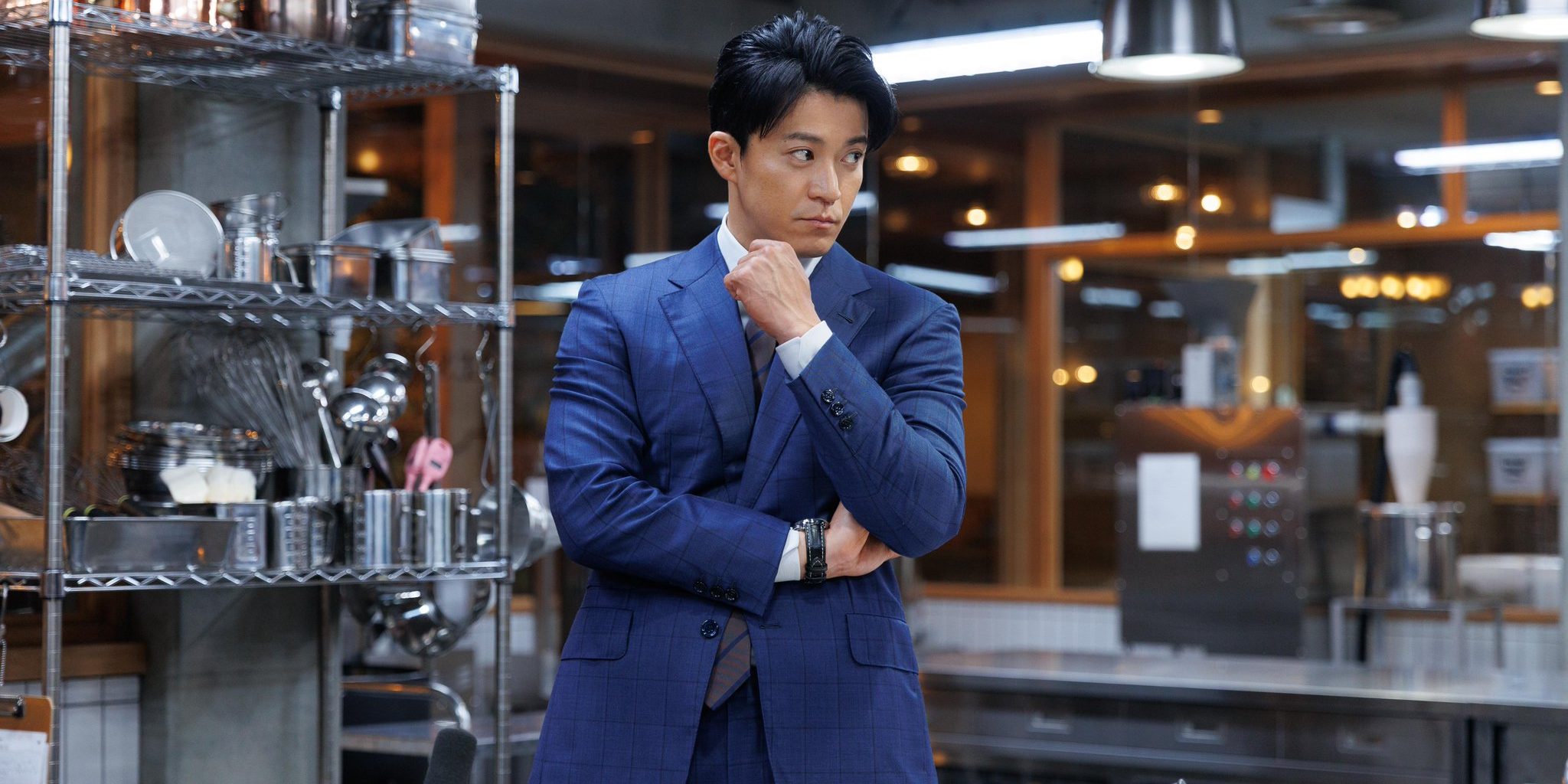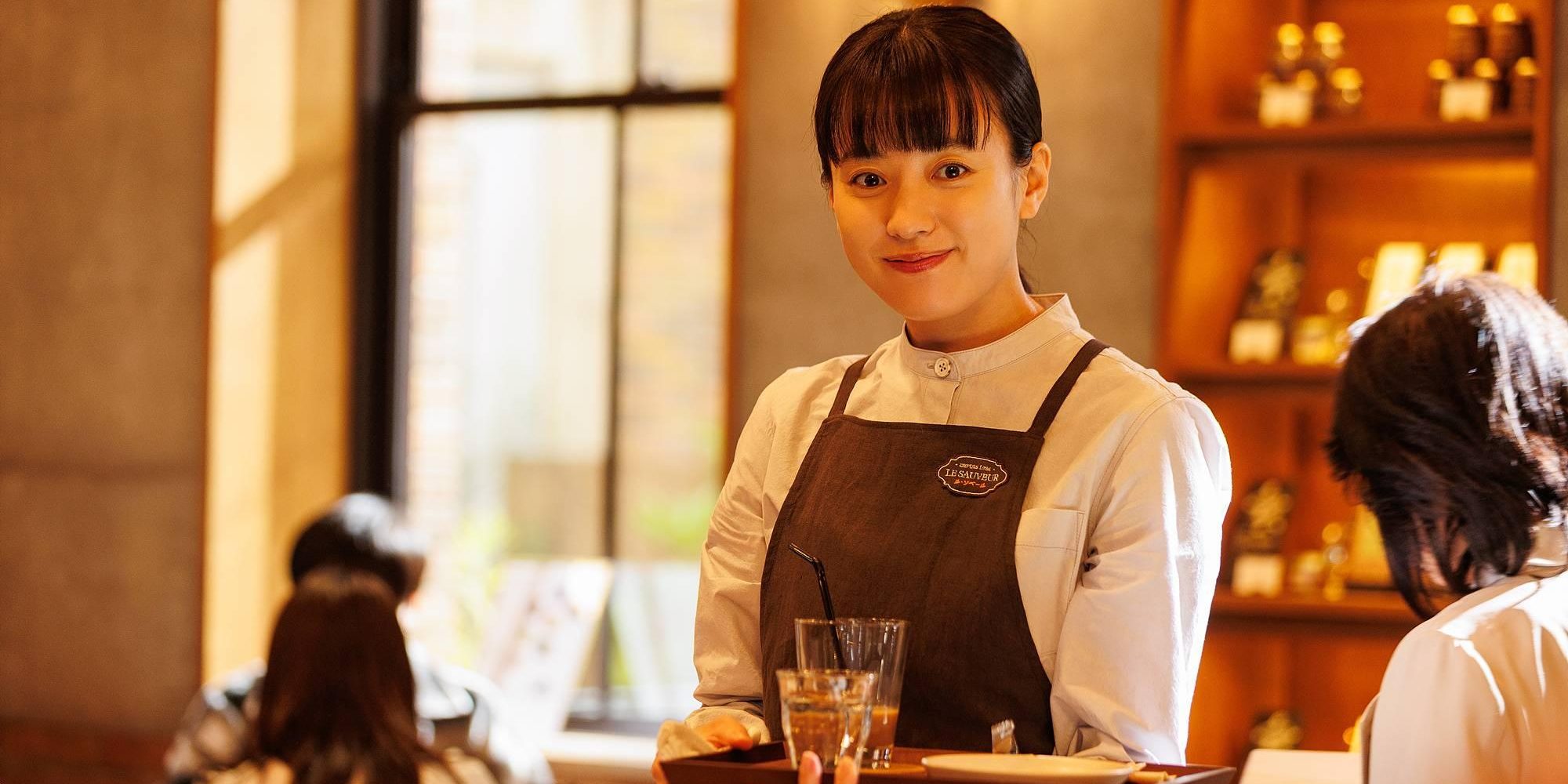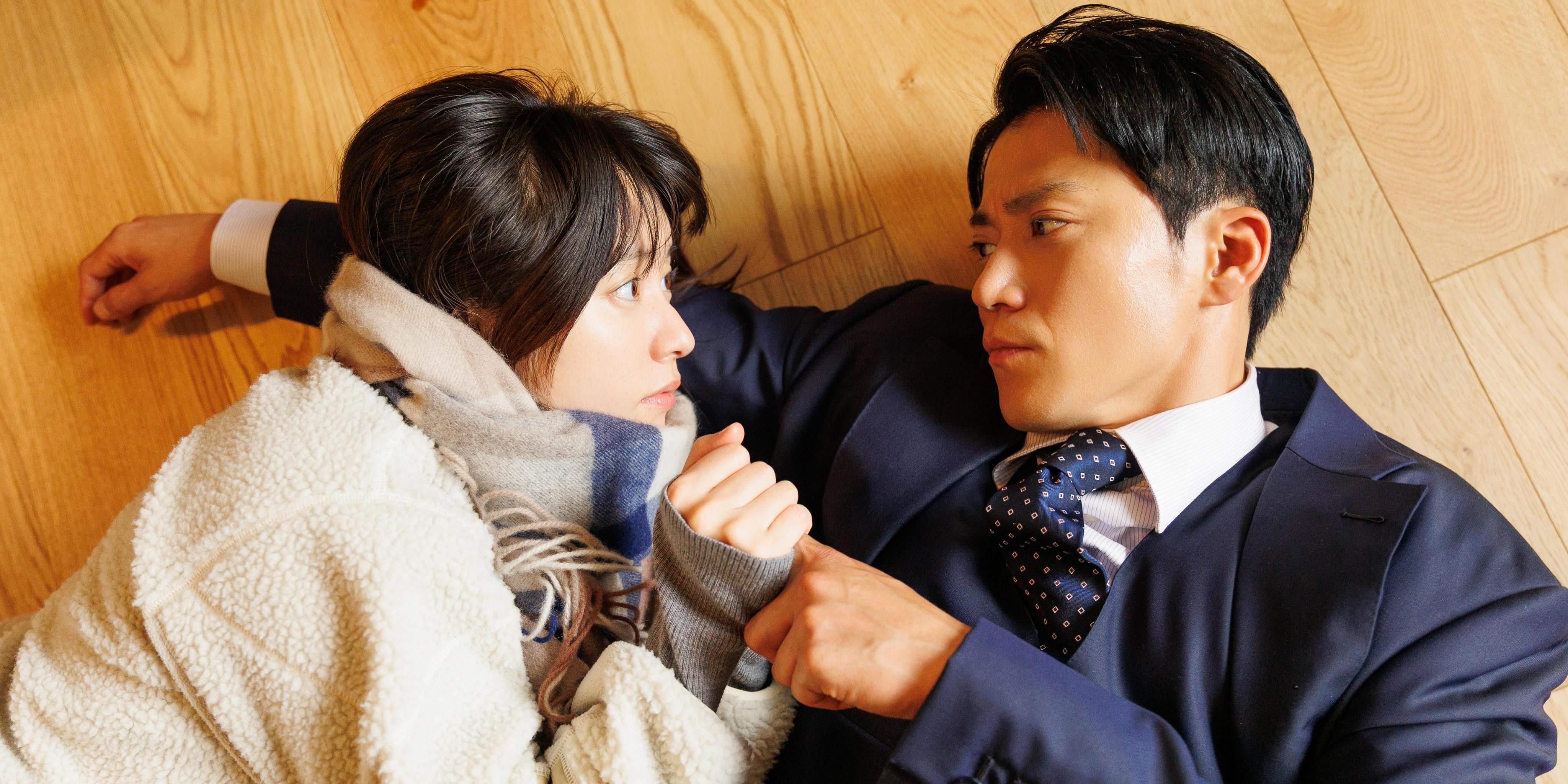Developed by Park So-yeon, the Japanese-South Korean romantic drama series ‘Romantics Anonymous’ or ‘Romanchikku Anonimasu’ centers on the unlikely romantic connection between two individuals who face their own issues of anxiety. It tells the story of Sosuke Fujiwara, an heir to a chocolate shop called Le Sauveur. He deals with mental health issues that make social life difficult for him. On the other hand, Hana Lee, a talented chocolatier who also struggles with her own mental health issues, crosses paths with the owner of the chocolate shop.
As the two of them develop feelings for each other, they are challenged by their own insecurities and secrets, which complicate their love story. As the owner struggles to keep his business afloat, and the chocolatier deals with her own issues, the two of them may have to challenge their own limits and endure the complex challenges of life and love. The show explores the idea of how the intertwining of love and mental health can lead to unexpected and complex scenarios.
Romantics Anonymous is Partly Based on a Unique French Film
Written by Kim Ji Huyn and Yoshikazu Okada, ‘Romantics Anonymous’ is partly based on the French film ‘Les Émotifs anonymes,’ which also has the same English title as the show. Directed by Jean-Pierre Améris, the film deals with Angélique, a young French woman with social anxiety, and Jean-René, the owner of the Chocolate Mill shop, who also has social anxiety. The Korean show reflects the themes and emotions of the film, despite adding a distinct East Asian flavor to the original story. Just like the movie, the series deals with the idea of a failing chocolate shop and the complexities associated with it. While this reflects the economic reality of such establishments in the real world, it also examines how a complex romantic entanglement in such a scenario complicates the situation.

The French film explores the aspirations of two individuals, each possessing their own talents, but hindered by their own insecurities. Though the show and the movie are not based on any real-life individuals, they reflect the reality of the competitive modern age, where business interests can overwhelm the minds of aspiring people, especially those with mental health issues. The director of the series, Sho Tsukikawa, opined that he is more of a realist than a romantic. When talking about the main love story at the core of the narrative, he said, “Because they’re older, they obviously have more life experience. But these two characters are inexperienced in romance.” The series reflects the reality of individuals who struggle to manage romantic feelings due to various personal reasons.
The director also stated, “Even though they are aged, around their 40s, how we portrayed them is very different because it’s their first love. So it’s kind of closer to a teenage romance. The difference is that because of their age, they are carrying quite deep sadness.” The reality of middle-aged individuals who unexpectedly find themselves in complex romantic entanglements is the emotional core of the show. Thus, despite it being fictional and not based on real-life individuals, it reflects the social reality of love in intricate ways.
The Narrative Comments on the Reality of OCD and Scopophobia
One of the major elements in the series is its exploration of the mental health issues faced by the two main characters. Sosuke Fujiwara deals with Obsessive-Compulsive Disorder (OCD), which makes his life difficult. According to the Cleveland Clinic, OCD is characterized by recurring, unwanted thoughts and obsessions that lead to repetitive actions of compulsion. These compulsive behaviors can significantly hinder social interactions and daily functioning. Compulsions may involve avoiding triggers for obsessions. For instance, someone might refuse to shake hands, which in this case is true for the character of the chocolate shop owner. Fujiwara finds it difficult to cope with his work, life, and reality due to his feelings associated with OCD.

This makes his romantic connection with Hana Lee more difficult, as he fears intimacy and physical contact. The character represents the reality of many individuals in the real world who find it difficult to cope with their mental health issues, which may sometimes lead them to abandon meaningful relationships or even refrain from pursuing them. Though Fujiwara is a fictional character not based on any real-life individual, his experiences reflect reality intricately. On the other hand, Hana Lee deals with Scopophobia, which is characterized by an extreme fear of being watched. While it’s common to experience some anxiety when public speaking or performing, scopophobia is a more intense condition.
Individuals with scopophobia often feel as though they are under intense scrutiny. This leads Hana Lee to avoid making eye contact with others as much as possible, creating a difficult scenario. While she is a talented chocolatier, she struggles in her social interactions due to a sense of isolation triggered by her mental health condition. Her romantic bond with Fujiwara is unique, as both of them deal with their own mental health issues. In conclusion, it can be said that the fictional story reflects the intertwining reality of love and mental health amidst the complexities of the competitive modern world.


